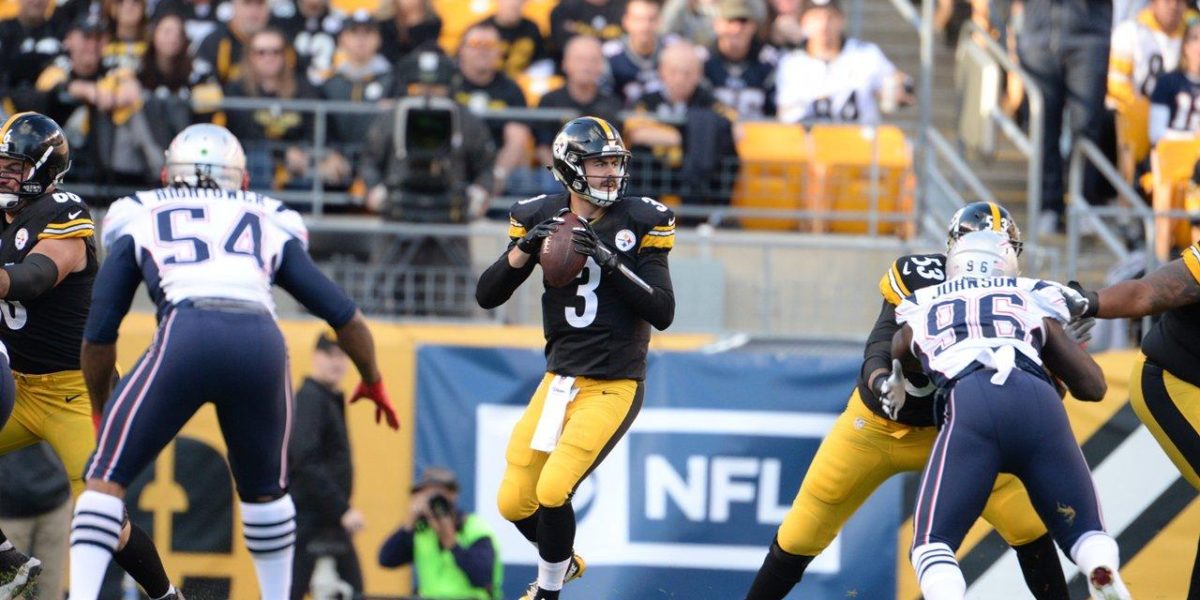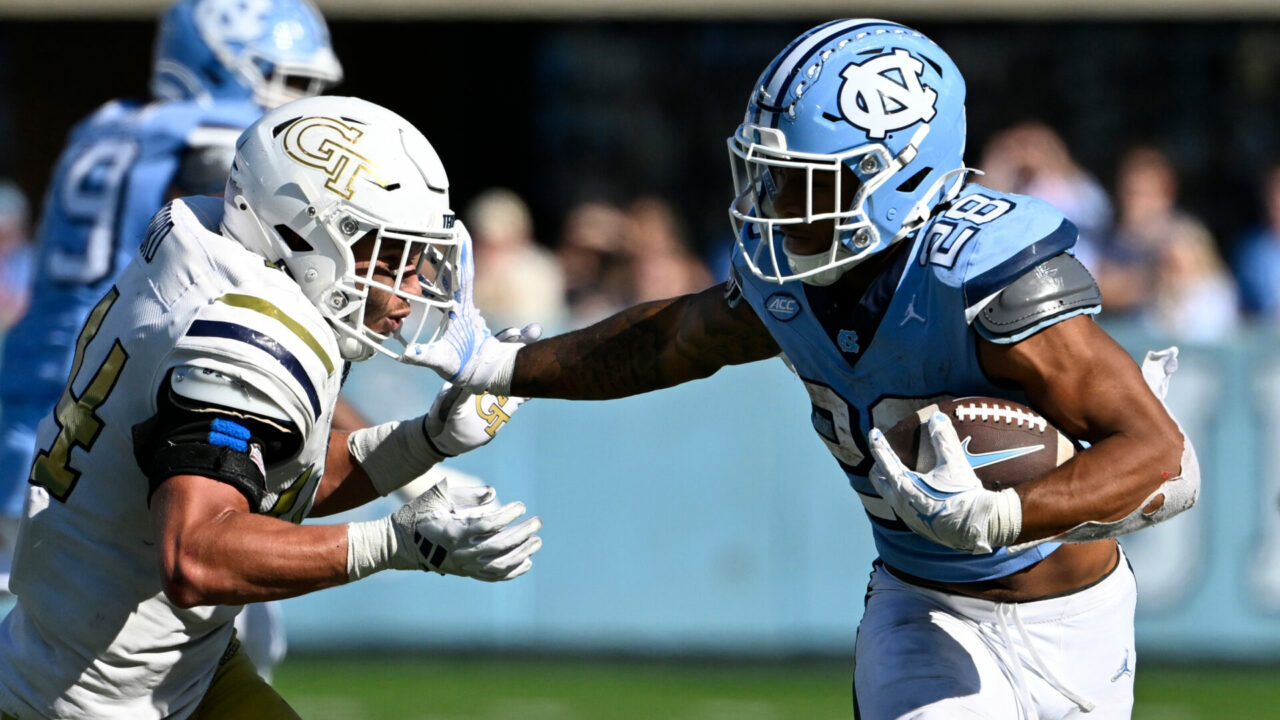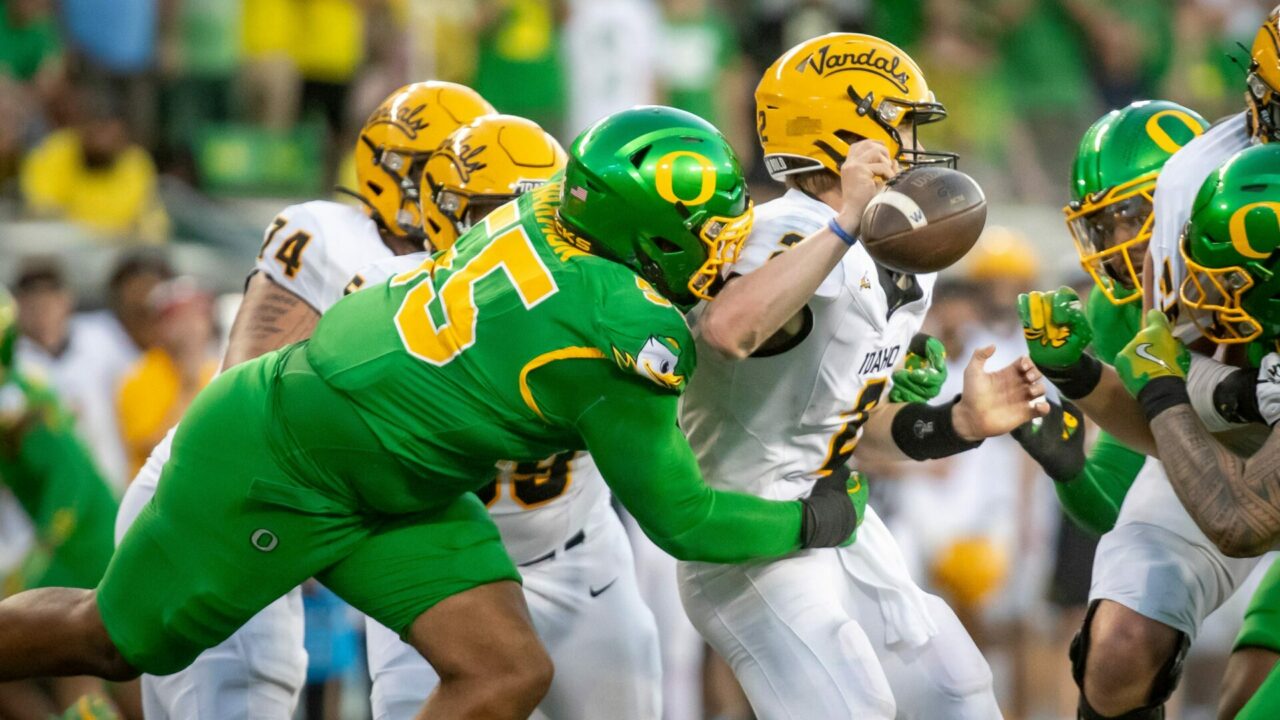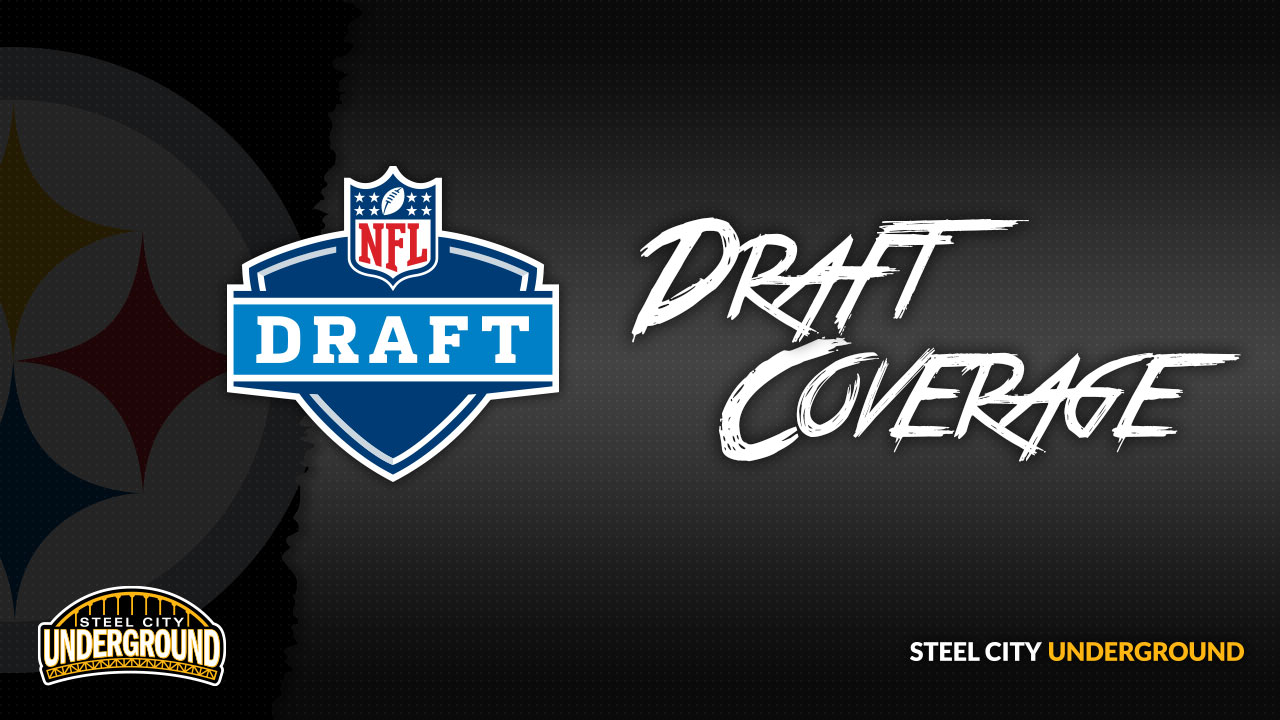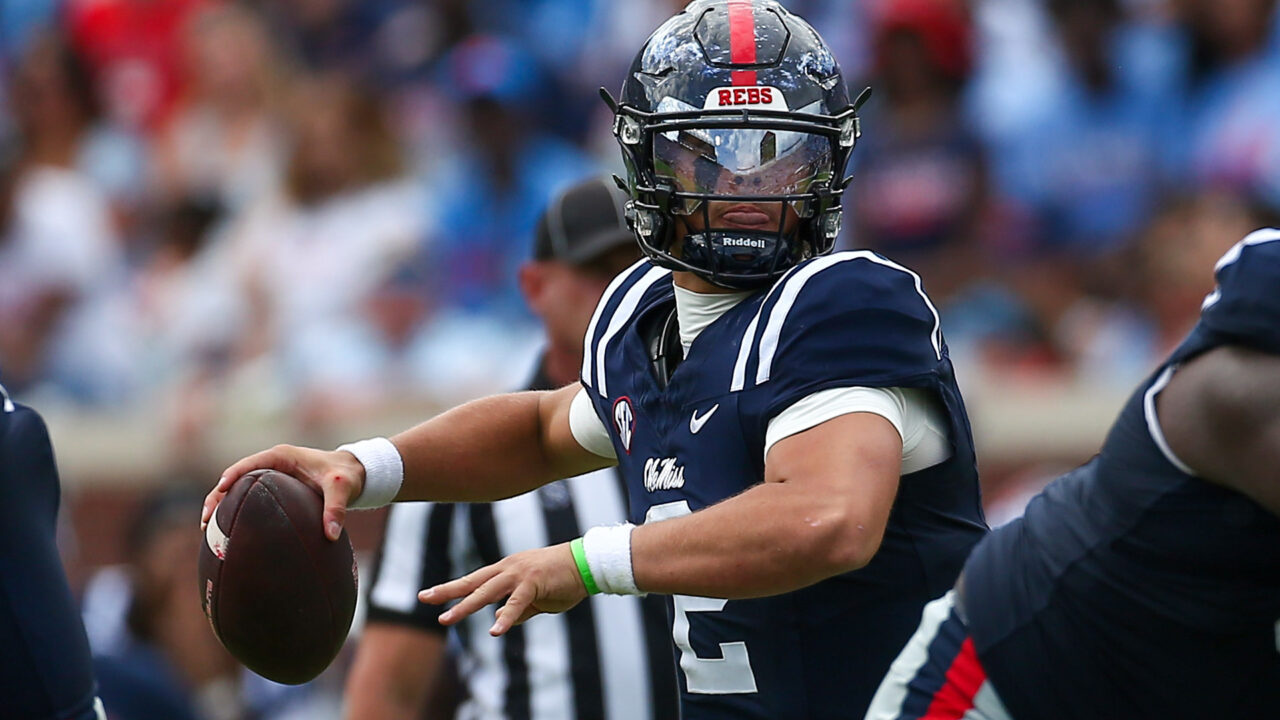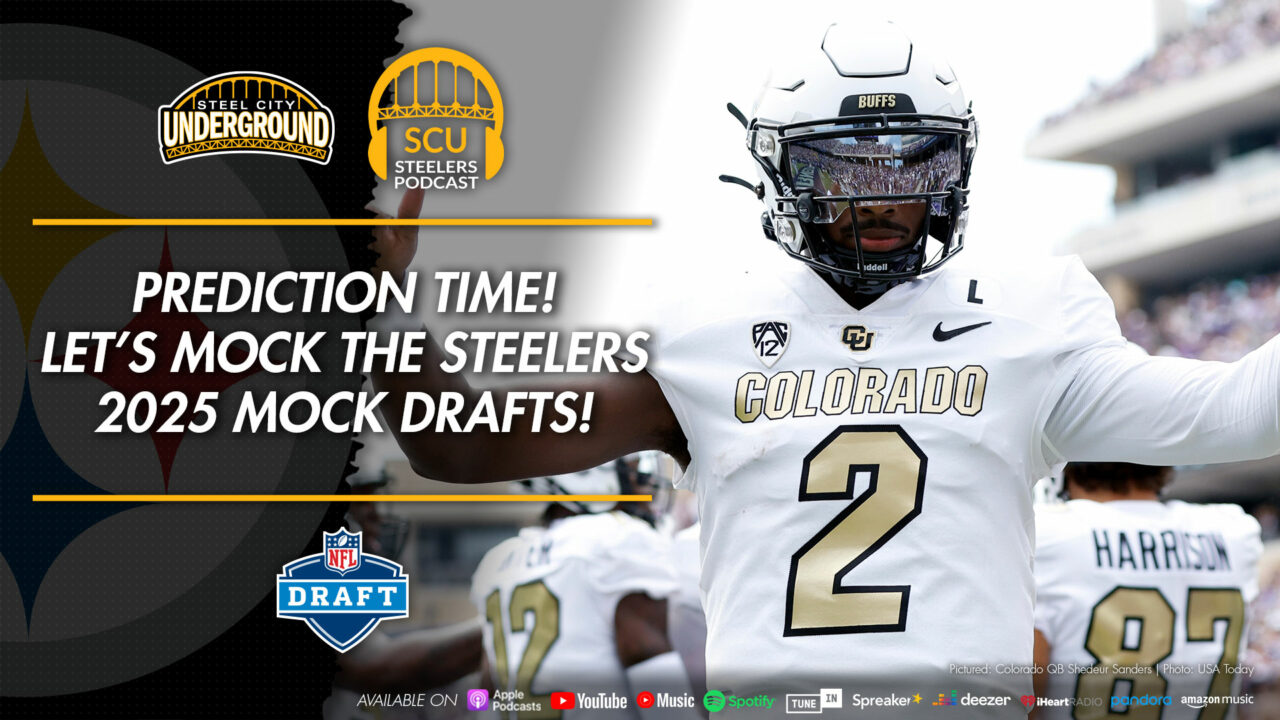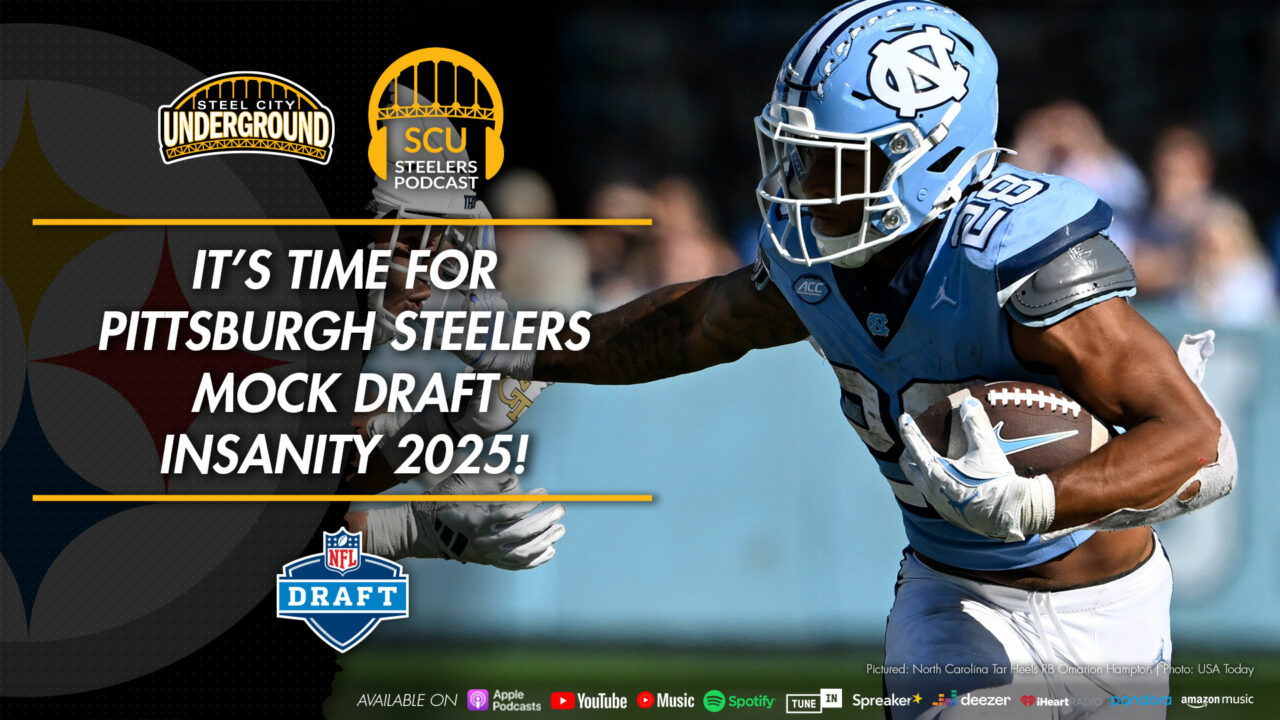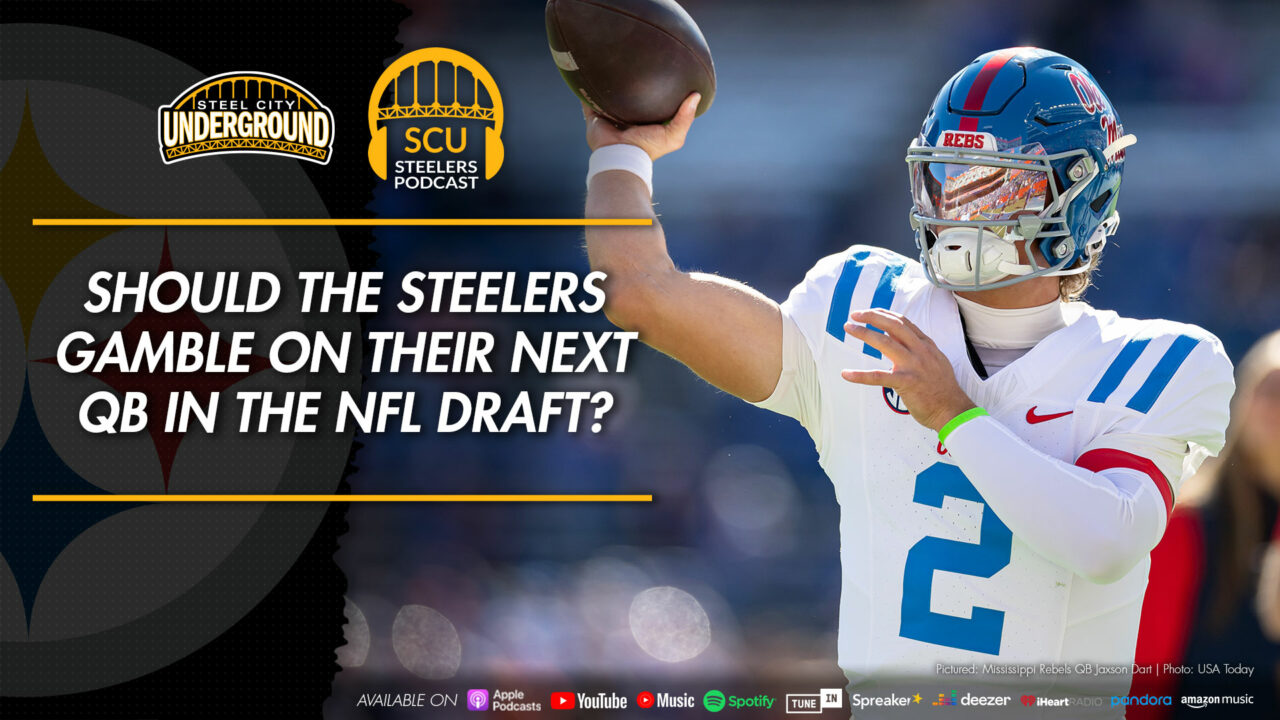Brady/Patriots success predicated on poor quarterback play
This Sunday, the Pittsburgh Steelers will face the New England Patriots in the AFC Championship game. It is the sixth straight time the Patriots will play in the title game, something that has never been done in the history of the NFL.
For that, the Patriots should be commended. However, many Steelers fans are concerned. They worry about New England being the unstoppable juggernaut the media has painted them to be. We’ve heard it for weeks now:
- The Patriots are third against the run.
- Tom Brady has only thrown two interceptions all season.
- New England’s secondary is “underrated”.
- They haven’t given up a 90+ yard game to a rusher in 24 games.
- The Patriots won 14 games, 11 of which Tom Brady was their starter.
- New England’s defense has allowed the least points scored this season.
Does any of that mean the Patriots are actually a good football team?
Forgive me, but while statistically some of those statements may be true, this is not the same dominant Patriots squad as their predecessors.
How can I make that claim?
Simple: the Patriots preyed upon weakened teams all year.
I’ve often criticized their success for playing in a bad division. For years the AFC East has churned out awful Dolphins and Bills teams that could rarely compete with the Patriots. The one period where the New York Jets had a solid team, they took the Patriots out of the playoffs, even beating their division rival in Foxborough… with Mark Sanchez.
That’s where we stand with the 2016-17 iteration of the New England Patriots; a media darling propped up by beating on suspect teams.
Take for example the following graphic, which illustrates every game Tom Brady played this season (keep in mind, he was suspended for the first four).
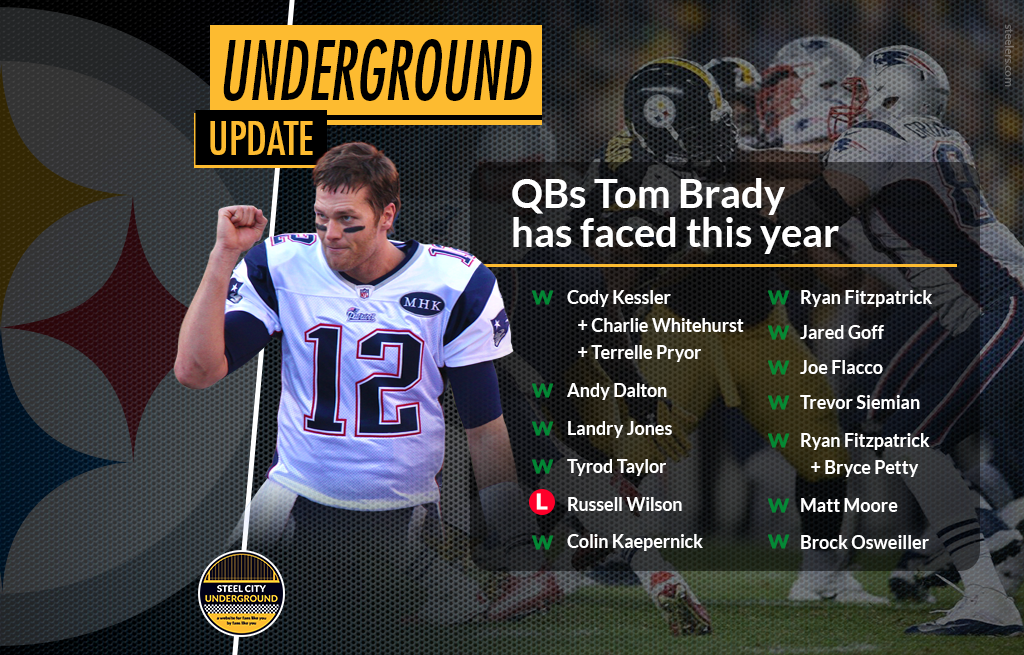
We’re all aware of how beat up the Steelers were when the Patriots came to Heinz Field in Week 7. Pittsburgh was without starting QB Ben Roethlisberger, ruled out due to surgery from a meniscus trim. In his place, backup QB Landry Jones made his third-ever career start.
The Patriots went on to win, and win some more, but how many other times were they the beneficiary of average, or worse, quarterback play?
As you can see from the graphic above, the answer is, multiple times.
In Brady’s return game against the Cleveland Browns, he got to face a bad team which had gotten progressively worse; not only in the weeks leading up to the game, but also as the game wore on. The Browns had lost their starting QB Robert Griffin III and their backup QB Josh McCown prior to facing the Pats, and were forced to start third round draft pick, rookie QB Cody Kessler.
He too would be making his third-ever start, but as a first-year player in the league. Making matters worse, Kessler would get injured in this game, and leave for yet another backup, QB Charlie Whitehurst.
Whitehurst had joined the Browns less than a month prior, and was less than spectacular. A nightmare situation for Cleveland, Whitehurst also left the game, and QB-turned-WR, Terrelle Pryor, would have to turn back into a quarterback for a handful of plays.
Among other names on the list of QBs Brady faced besides Landry Jones, Cody Kessler, Charlie Whitehurst and Terrelle Pryor:
- Matt Moore, a backup for the Miami Dolphins
- Colin Kaepernick, who couldn’t beat Blaine Gabbert for the starting job with the struggling 49ers
- Ryan Fitzpatrick, who threw 17 interceptions in 11 starts, and was benched for Geno Smith and then benched for…
- 2015 4th round pick Bryce Petty (who also played against New England)
- Jared Goff, this year’s top overall pick in the NFL Draft (who would also be making his third career start against the Patriots)
- Tyrod Taylor, who was a constant buzz of controversy in Buffalo, who sat him for the final game of the season to make sure his 2017 salary wasn’t guaranteed
- Trevor Siemian, the Denver Broncos 2015 7th round pick and former third string QB, turned starter
- Brock Osweiller, the Broncos backup QB in 2015, who made 7 starts last season before being swooned into a big money contract with the Houston Texans
Aside from that illustrious list, the Patriots also squared off against AFC North foes the Baltimore Ravens, and Cincinnati Bengals. Admittedly, Andy Dalton and Joe Flacco are among the best QBs left on the list that Tom Brady faced, and defeated.
He did not have the same fortunate against the Seattle Seahawks and Russell Wilson, arguably the best quarterback Brady played against in his twelve starts this season.
This begs the question: did the Patriots benefit from shoddy quarterback play by their opponents?
The answer is an overwhelming yes; but there’s more behind the “yes” answer in regard to how those teams fared against the Patriots. Certainly this is a quarterback driven league, and lacking the ability to throw the football would make a team one-dimensional. That one dimension would benefit padding an “underrated” secondary’s stats, but also bode well toward defending the run; something that’s much easier to do when a team can’t pass.
Yet, with a sea of unseasoned signal callers dotting the schedule, the Patriots also benefited from dodging other bullets throughout their calendar.
For example, in Week 2 the Miami Dolphins only handed the ball off 10 times against the Patriots. With Arian Foster still in the backfield at that point, Jay Ajayi was still an unknown, rushing for only 14 yards. As is legend now, Ajayi would run all over the Steelers weeks later, behind a rejuvenated offensive line after the Fish cut two players who started in the weeks prior to their showdown with Pittsburgh.
While it’s true they shutdown the likes of Matt Forte and Todd Gurley, consider the quarterback’s inability to help defenders lay off the run, and stop stacking the box, as part of the “success” the Patriots stopping running backs. Gurley only had 11 carries for 38 yards, the Cleveland Browns only combined for 27 yards, and with the Dolphins earlier noted blunder, we see the formation of a statistically higher ranked run defense.
The Patriots also took on a Denver team who picked up Justin Forsett off the streets (and on his third team for the season) and “shutdown” a Baltimore Ravens team who finished 28th in the NFL in rushing yards after posting 345 on the ground in their last three games.
Yet some teams still found success against the Patriots defense.
Several backs would close in on 100 all-purpose yards, but fail to individually rush for 90 or better. Those players include Arizona’s David Johnson (132 yards), Houston’s Lamar Miller (100 yards, and 89 yards in two games), San Fran’s Carlos Hyde (110 all-purpose yards), Cincinatti’s Giovani Bernard (94 all-purpose yards) and Pittsburgh’s own Le’Veon Bell, who tallied 81 yards rushing, and caught 10 passes for 68 yards without Big Ben.
Bernard is another anomaly, since the Bengals deploy two running backs in a timeshare: Jeremy Hill would add another 38 yards on the ground, as the Bengals totaled 120 rushing yards.
The Seahawks, who beat the Patriots without starting running back Thomas Rawls, still ran for 96 yards behind C.J. Prosise and Christine Michael.
One week before Brady’s reinstatement, Buffalo running back LeSean McCoy‘s was still held under the magic number of 90 (70 yards rushing) but racked up 108 all-purpose yards in the Bills’ victory, however McCoy would sit out their Week 8 rematch. Yet the Bills were still able to rush for 167 yards with a combination of Mike Gillislee (85 yards), Tyrod Taylor (45 yards) and a few others.
When taking into account team rushing efforts, the Patriots gave up 90 or more yards in nine of their sixteen games.
But does that mean they’re actually good against the run? And does that mean they can shut down Le’Veon Bell, who made mincemeat out of what was the league’s top defense against the run, the Buffalo Bills, back in December?
I have some serious doubts that the fawning over this year’s New England Patriots simply overlooks a lot of flawed victories. Wins are wins, as the Steelers know all too well after a 2-point victory over the Chiefs last week, still, I can’t help but feel everyone is overlooking a healthy Pittsburgh team who has won nine games in a row, in favor of a football team which has fallen twice against a premium passer (Wilson) and a premium runner (McCoy).
That’s why I feel it’s flawed to simply look at New England’s defensive stats: least points scored and third against the run, and believe those numbers have the same value when facing Ben Roethlisberger and Le’Veon Bell.
